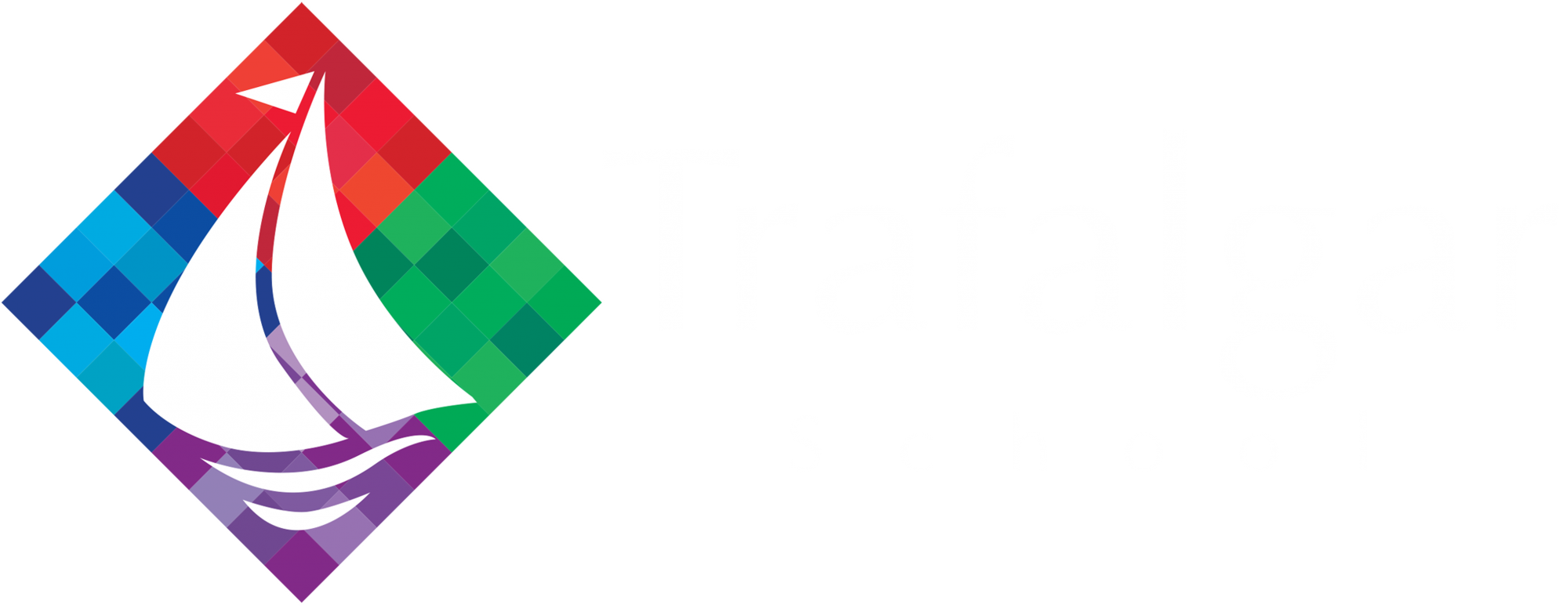Bullying
Read our Student Anti-Bullying Pledge
UNCRC Article 2 (non discrimination) The Convention applies to all children, whatever their race, religion or abilities; whatever they think or say, whatever type of family they come from. It doesn’t matter where children live, what language they speak, what their parents do, whether they are boys or girls, what their culture is, whether they have a disability or whether they are rich or poor. No child should be treated unfairly on any basis.
Trafalgar School regards bullying as a serious matter and all instances will be dealt with accordingly. Children and young people have a right to feel safe within their community and the right to feel safe from bullying. To ignore bullying is to condone it and combating bullying is a responsibility shared equally by every adult on our staff.
We strongly believe:
- It is never a joke, or funny to the person being bullied
- It is never an acceptable part of ‘just growing up’
- It can never be excused by saying ‘they will get used to it’
- It is never an accident
- It is never excusable on the grounds that ‘he or she asked for it’ (irritating behaviour can always be dealt with in non-aggressive ways)
- It is never a matter of weakness on the part of the person being bullied.
It is the responsibility of all staff, parents/carers, governors, volunteers, visitors and students to promote an anti-bullying culture; reporting and sanctioning incidents of bullying and protecting and supporting any victims of bullying.
If you are worried someone is being bullied, please complete the simple online report form or contact your Form Tutor or Head of House.
What is bullying?
Bullying is a behaviour which can be defined as the repeated attack: physical, psychological, social or verbal in nature, by another, with the intention of causing distress for their own gain or gratification. It is the wilful conscious desire to hurt or threaten or frighten someone else. A one-off incident may not necessarily be bullying, a minor incident which is repeated however, is bullying.
Trafalgar School may regard any of the following as bullying:
- Verbal or physical abuse
- Threatening language or behaviour
- Sexist language and harassment
- Racist language and harassment
- Negative language or harassment regarding sexual orientation (homophobic or biphobic bullying) or gender identity (transphobic bullying)
- Demanding money, or goods and favours
- Social ostracism
- Denying someone access to their property
- Spreading rumours or gossip
- Name calling or teasing
- Cyber bullying via social media and/or digital devices including phones
What is Child on Child abuse?
We are aware children can abuse other children in extreme ways – often referred to as child on child abuse. This could include:
- Bullying, including cyberbullying
- Physical abuse such as hitting, kicking, shaking, biting, hair pulling or otherwise causing physical harm
- Sexual violence
- Sexual harassment such as sexual comments, remarks, jokes and online sexual harassment
- Up skirting (taking a picture under a person’s clothing without them knowing)
- Sexting (also known as youth produced sexual imagery)
- Initiation/ hazing type violence and rituals
What can we do?
All members of the Trafalgar School community should be vigilant and aware of the signs of bullying. The overarching aim is to combat bullying by working together.
Students are encouraged to report any instances of bullying to members of staff, parents, students, anti-bullying ambassadors, prefects and/or anonymously online should they wish.
The anti-bullying message is widely advertised in assemblies to develop a culture of zero tolerance and non-acceptance of bullying behaviour.
The Student Senior Leadership Team take an active lead, through School Council and other means, to raise the awareness of bullying throughout the academic year. All students and staff sign an anti-bullying charter, created by our students, annually.
Anti-bullying and Anti-bullying Week has a high profile throughout the year, in assemblies, PSHE lessons, Personal Development Days and through tutor time activities.
Recommended on-line support and advice:
General advice
Staysafe.org's guide on Internet Safety for Teens - www.staysafe.org/teens
Anti-bullying Alliance - www.anti-bullyingalliance.org.uk
Beatbullying - www.beatbullying.org
Bulliesout - www.bulliesout.com
Bullying UK (part of Family Lives) - www.bullying.co.uk
Childline - www.childline.org.uk
Cyber bullying
Internet Matters - www.internetmatters.org
Childnet International – www.childnet.com
Cyberbullying.org - www.cyberbullying.org
Get Safe Online - www.getsafeonline.org
Sexual & Physical Abuse
Kidscape - www.kidscape.org.uk
NSPCC - https://www.nspcc.org.uk/keeping-children-safe/away-from-home/at-school/

